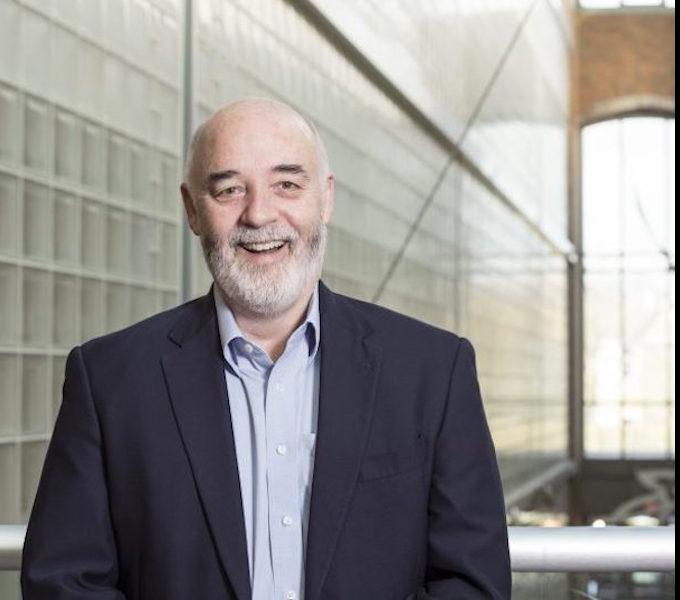Affiliated Faculty
This list of affiliated investigators can help you identify potential research mentors at the University of Pittsburgh. PSTP students can, and do, work with mentors not on this list, but the investigators featured below have expressed interest in hosting PSTP students in their laboratories.
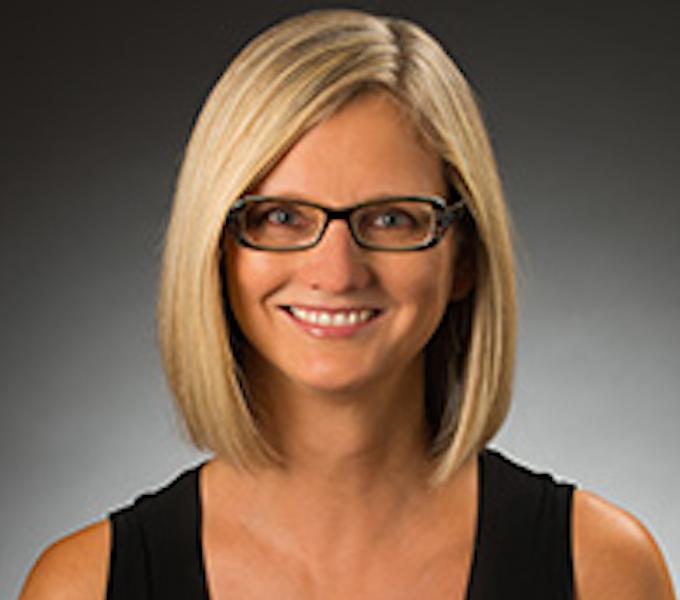
Molecular Regulation of Genomic Imprinting in Gametes and Early Embryos
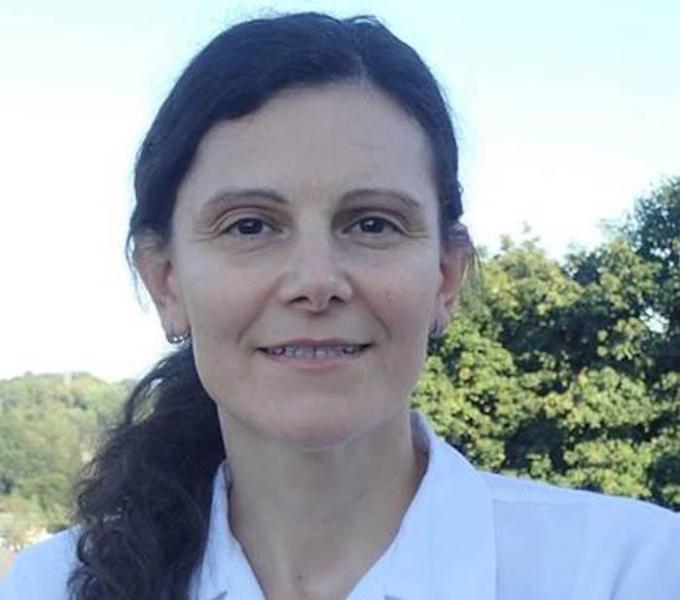
Vascular pathways involved in cerebral vascular dysregulation and therapeutic strategies that improve neurological outcome after pediatric asphyxial cardiac arrest

Tissue engineering (peripheral nerve and soft tissue), wound healing, and adipose stem cell therapies
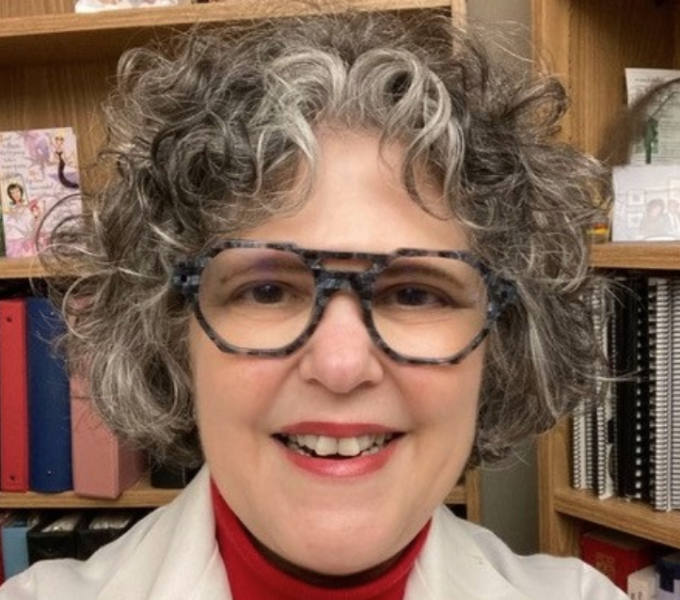
Understanding how cytokines and proteases controlling normal liver growth become deviant, leading to the development of cirrhosis and liver cancer

We are interested in the molecular mechanisms of psychiatric disorders with a particular focus on the role of the circadian clock in these disorders.
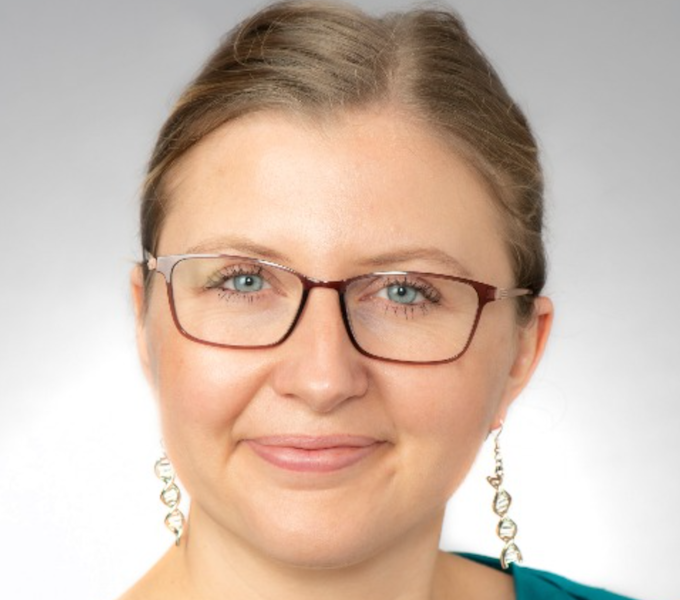
Investigates how pregnancy modulates innate immunity and defines relevancy to infectious pathogenesis
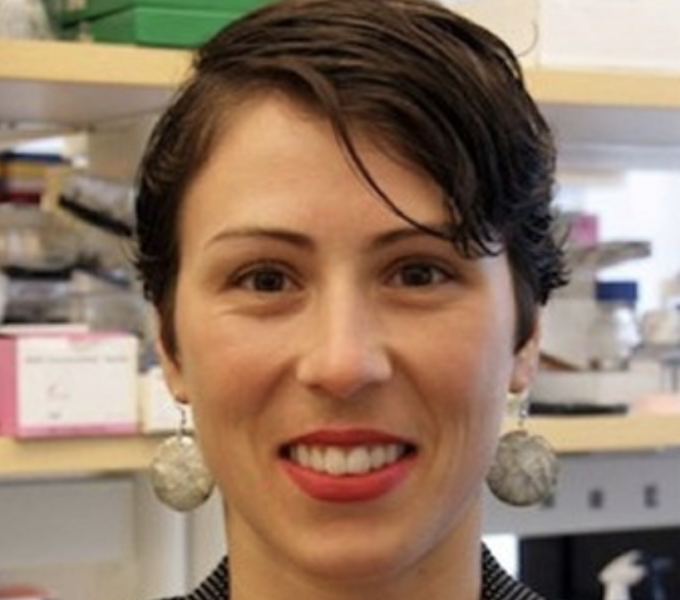
The Meisel lab explores how the microbiota shapes systemic immunity that modulates the etiopathogenesis of complex diseases such as autoimmunity and cancer.

Mechanisms of HIV-1 persistence at the single cell level and evaluating strategies to cure HIV-1 infection, including latency reversing agents, monoclonal antibodies, cellular immunotherapy and therapeutic vaccines

Focuses on mechanisms of synaptic plasticity in the neuromuscular system in both normal and disease conditions
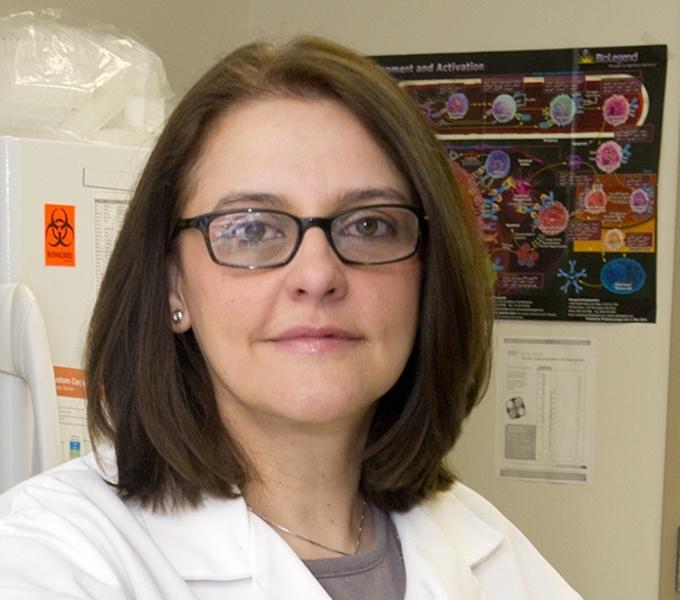
Human immunology: Innate and adaptive immune responses to latent viruses and to allo-antigens after organ transplantation
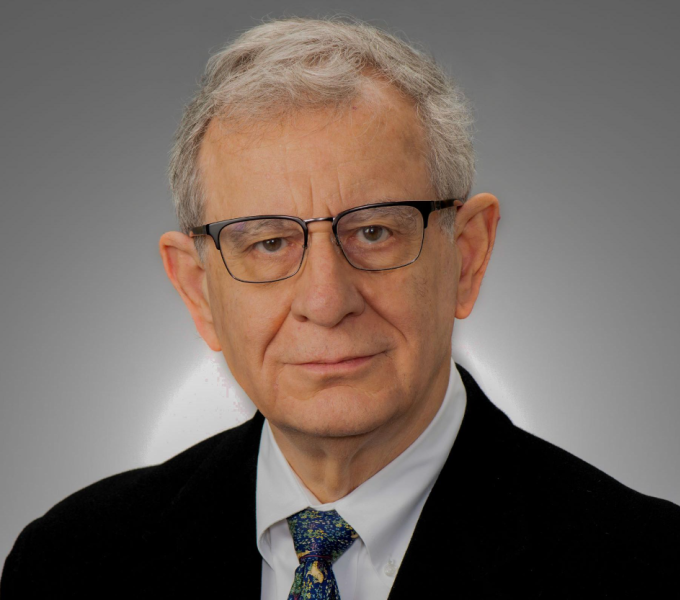
Liver regeneration and carcinogenesis, exploring the effects of growth factors and associated signaling pathways

Use of novel regenerative materials in repair of pelvic organ prolapse and urinary incontinence
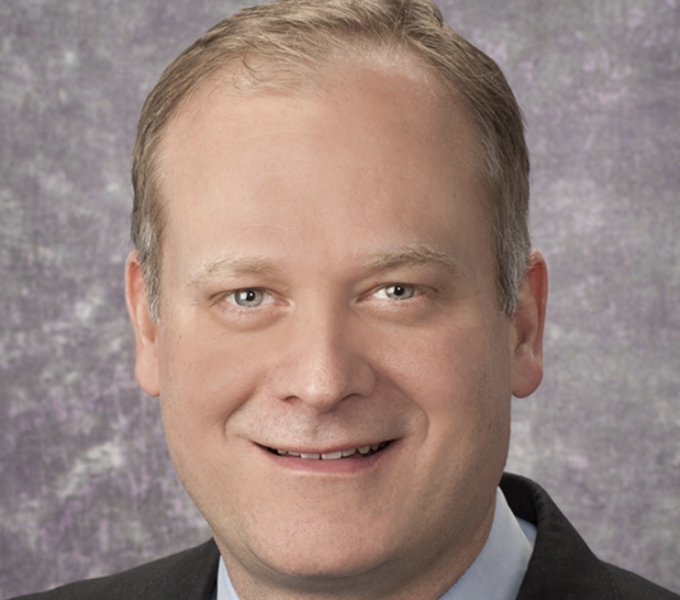
Dr. Mollen's clinical interests include inflammatory bowel disease, thyroid surgery, anorectal malformations, and Hirschsprung’s disease. He is principal investigator of a NIH-funded research program investigating mitochondrial dysfunction during the pathogenesis of inflammatory bowel disease.
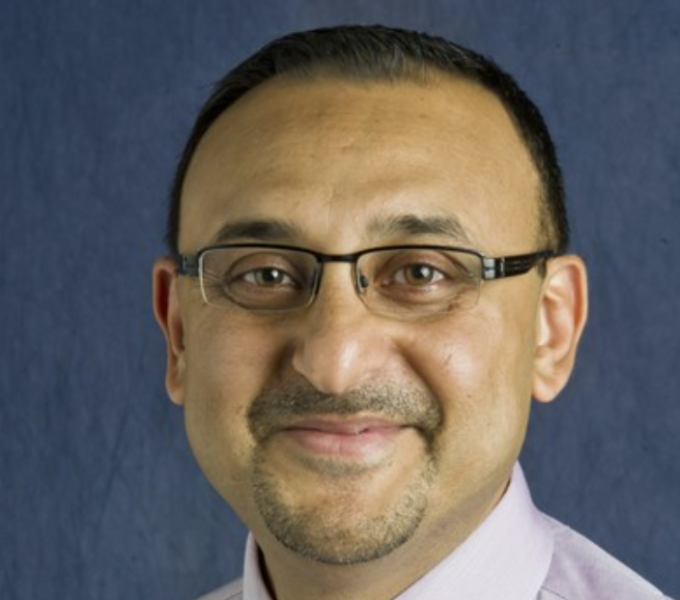
Aimed at elucidating the cellular and molecular mechanisms of liver pathophysiology

Autoimmunity & the control of T cell immune responses; Systems biology approaches to immune response to infectious organisms
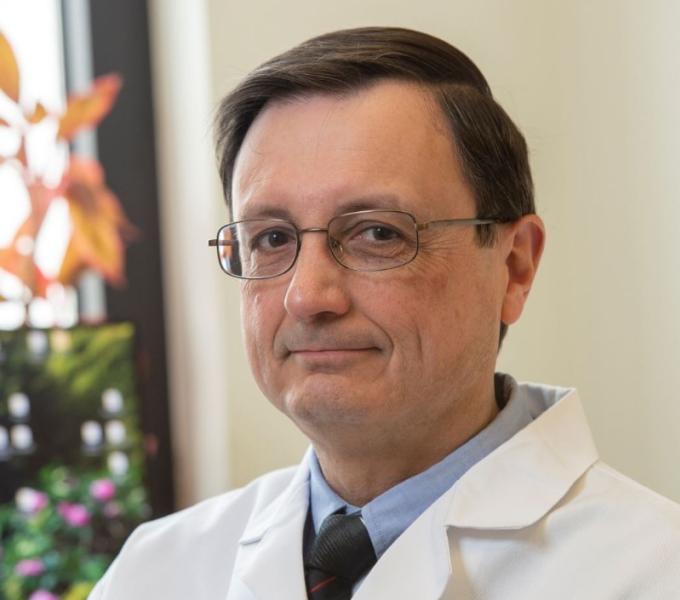
The role of donor- and recipient-derived antigen-presenting cells (i.e. dendritic cells) and extracellular vesicles (i.e. exosomes, microvesicles) during allo-sensitization, graft rejection, and induction of donor-specific immunosuppression / tolerance, following transplantation
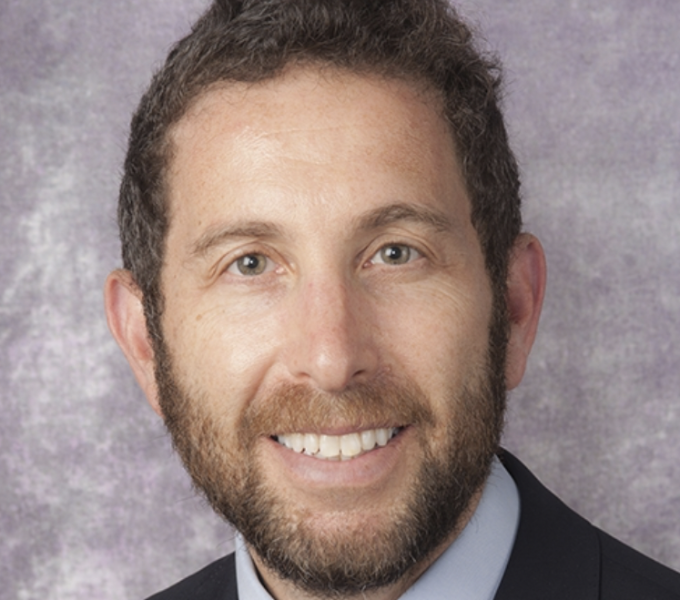
The Morowitz laboratory studies the effects of diet and antibiotics on interactions between the gut microbiome and the immune system.
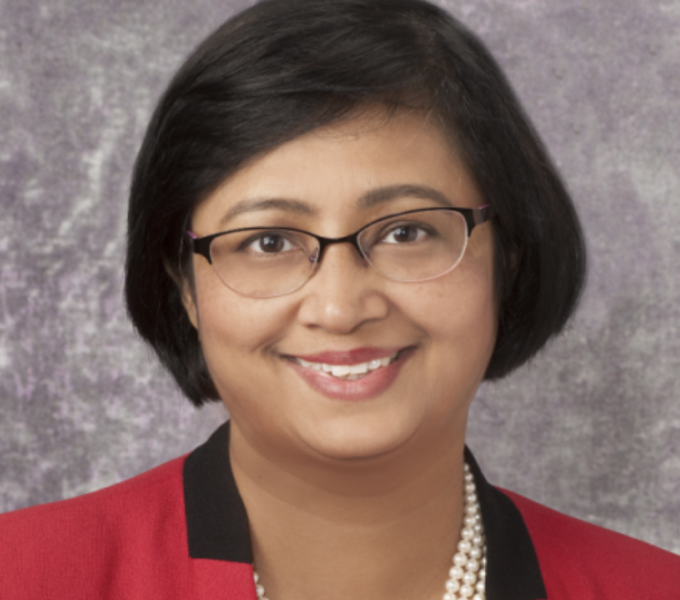
Moulik's clinical expertise is in cardiovascular genetics, cardiomyopathies, connective tissue disorders resulting in aortopathies, general cardiology and noninvasive cardiac imaging. She is the Director of the Cardiovascular Genetics Clinic at UPMC Children's Hospital of Pittsburgh. The focus of this clinic is to determine an underlying genetic etiology for inherited familial cardiovascular disorders including various forms of cardiomyopathies, heart rhythm disorders, aortic aneurysms, inherited lipid disorders, unexplained sudden cardiac arrest and help families with appropriate risk assessment and clinical screening of at-risk family members. Moulik also leads an NIH funded research lab with focus on heart failure signaling.

The Mowery Lab utilizes genetically engineered mouse models, patient-derived samples and molecular biology techniques to study head and neck cancer development and progression, as well as the interplay between radiation therapy and the immune system in head and neck cancer.

Research interests include knee and shoulder biomechanics, specifically rotator cuff tears

GH, insulin-like growth factors and a novel mitochondria-associated peptide on glucose homeostasis, energy metabolism, cardiovascular health and aging

